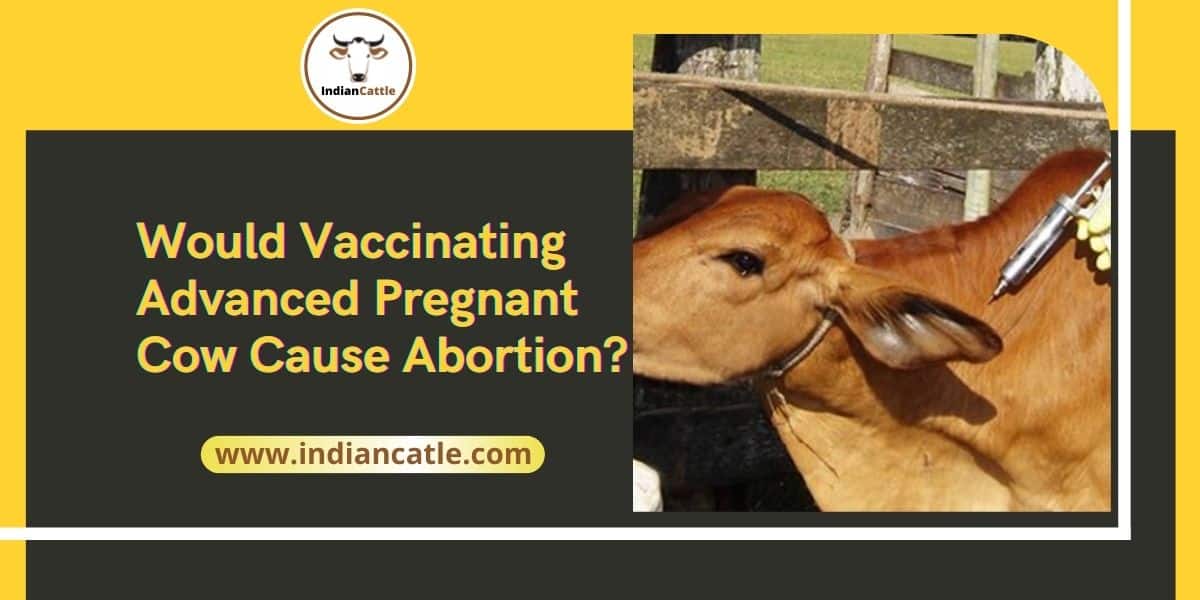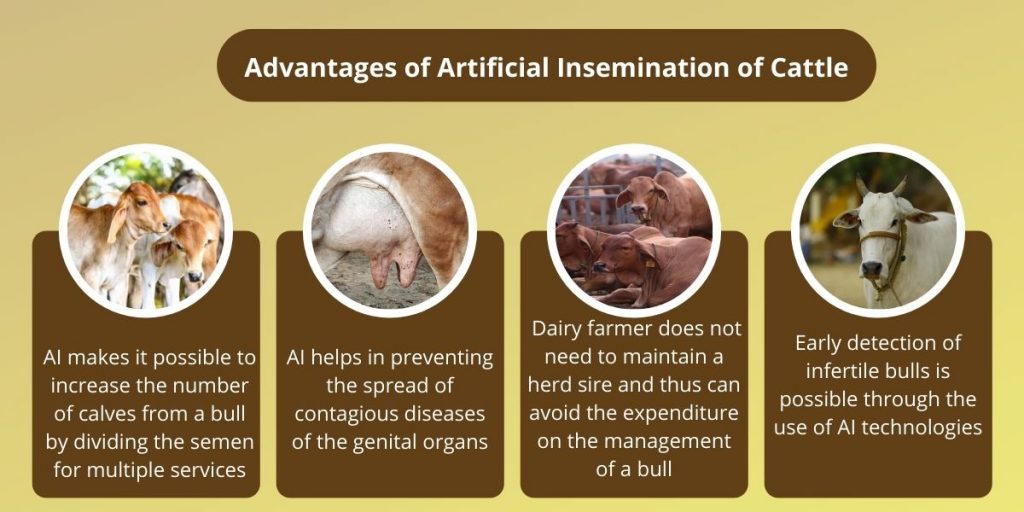
Vaccinating Advanced Pregnant Cows is Benefit to the New Born Calves
Recently, few farmers contacted me to find out views on vaccinating pregnant cows. I am aware that many veterinarians still believe that pregnant cows should not be vaccinated for fear of causing abortion hence advice against it. Even the vaccine manufacturers are silent on this advice. I decided to do a quick research on how and from where this rule of not vaccinating pregnant cows came from. It emerged that the rule of not vaccinating in advanced pregnancy probably came from human medicine as abortion or deformities in the growing fetus was reported to be the major concerns. The reason is that in humans and other similar animals, there is a single-layer barrier between maternal and foetal placenta due to which exchange of small molecules, oligopeptides, and organisms such as viruses have been reported to cross to the foetal circulation. It is, therefore, possible that antigenic and virulence factors from the vaccine, when given during advanced pregnancy in non-ruminants, could pass through the placenta and cause harm including abortion.
In cows and other ruminants, the placental barrier is three-layered, hence, except for elementary nutrients, other molecules cannot cross the placental barriers. This was proved from the studies demonstrating that even BVD virus, known to be the smallest pathogenic virus, could not infect the fetus when the pregnant cow was experimentally infected. However, when BVD was administered in the amniotic fluid in mid-gestation, the fetus (> 150 days) was found to respond and produced BVD antibodies. These studies prove the point that >150 days old cow fetus is immunocompetent. But, at birth, the new born calf is devoid of any circulating antibodies, prove the point that bacterial/viral antigens do not normally cross the ruminant placental barrier.
Vaccinate cows to protect calves too
An exactly opposite viewpoint has emerged that vaccinating heavily pregnant cows might be of benefit to calf health. Let us examine this based on science. In case of ruminants during the first three days, the cow secretes milk, called colostrum, which is rich in antibodies, growth factors, vital nutrients, and immune cells. Interestingly, on feeding colostrum to the new born calf, all these molecules are absorbed intact. This wonderful phenomenon happens only in the first few days of calf-life and later on the intestinal gut is closed to intact absorption of proteins and other molecules. The studies done by our group at the Bombay Veterinary College revealed that mobilization of secretory antibodies (IgG1) starts 14-21 days prior to calving but maximum IgG1 in blood could be demonstrated during the last 3-5 days to calving. When a pregnant cow is vaccinated, the memory cells will provide immunity to the mother cow and at the time of calving specific antibodies would be secreted in colostrum to provide passive immunity to the calves.
We proved this on a farm that was having a high incidence of E. coli-associated metritis and calf-scour. The farm was losing good cows to repeat breeding and the superior genetic calves would also succumb to enteritis. We prepared specific vaccines from farm isolates and repeatedly vaccinated (also called hyperimmunization) cows every 15 days during 7-9 months pregnant. We found colostrum from such cows was rich in specific E. coli antibodies and feeding this resulted in reduced morbidity and mortality. This procedure also helped the cows as the incidence of metritis declined significantly.
This experiment led to further studies on hyperimmune health milk. Hyperimmunization of pregnant cows to obtain hyperimmune colostrum and milk have been reported in many scientific journals. This proves the point that vaccination in pregnancy would be of benefit to even calves. For example, in areas, where FMD is endemic and there is associated calf mortality, vaccinating pregnant cows with FMD would confer passive immunity in young calves when fed colostrum from hyperimmunized cows.
In conclusion, veterinarians should shed the myth that pregnant cows should not be vaccinated as vaccination-associated abortion is a remote possibility. Abortion, however, could occur due to maternal factors and infections, which are largely due to placental pathology. It will be pertinent to mention here that studies show that as far as killed vaccines are concerned, these are safe at any stage of pregnancy, whereas, live modified vaccines should be handled carefully during pregnancy. Studies have shown that in the case of live modified vaccines, the first vaccine dose must be given before the breeding (AI) and in that case, subsequent vaccination in advanced pregnancy would be safe and highly beneficial to a cow as well as the calf.
You may like to read: Advantages & Limitations of Artificial Insemination (AI) in Dairy Cattle
Dr. Abdul Samad
Ex-Dean and Director, MAFSU, Nagpur

